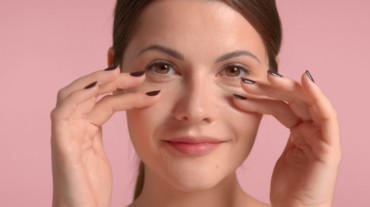
With growing age, our skin starts losing its elasticity. So expression lines and many fine lines start appearing on the face. These fine lines can also appear on the neck and forehead .
Ageing, sun exposure, pollution, smoking and genetics are the factors that cause appearance of these wrinkles. Forehead and neck wrinkles appear when the outer layer of the skin becomes thin, elastic, and saggy and due to hyperactivity of associated muscles.
You can reduce the occurrence of wrinkles with some lifestyle changes and some dermatologists suggested treatments like Botox, fillers, lasers and chemical peels. All of these treatments are non-surgical and non-invasive.
1. Reduce sun exposure. Apply a daily broad-spectrum sunscreen with SPF 30 and PA rating +++.
2. Always look for skincare products that contain retinol and peptides as well as hyaluronic acid, which plumps and hydrates skin.
3. Try a vitamin C serum on your neck and forehead area. Vitamin C contains antioxidant properties that are great for the skin. Vitamin can help to reduce the damage caused by UV rays and other environmental factors by inactivating free radicals.

4. Many people remember to moisturize their face, but they easily forget about the neck and forehead. Moisturizing your neck can help to hydrate the skin that will further help to reduce the wrinkles.
5. Staying hydrated can help delay wrinkles. Drink 8 glasses of water every day.
6. Don’t take stress. Practice yoga and other calming activities.
7. Include healthy food including fruits and green vegetables in your diet and sleep for at least 8 hours a day.

8. Quit smoking. Smoking can increase oxidative stress resulting in premature aging. Smoking damages the collagen and nicotine that can cause blood vessels to restrict and less supply of oxygen.
Select Topics of your interest and let us customize your feed.
PERSONALISE NOWSo remember these skincare tips and prevent lines and wrinkles!